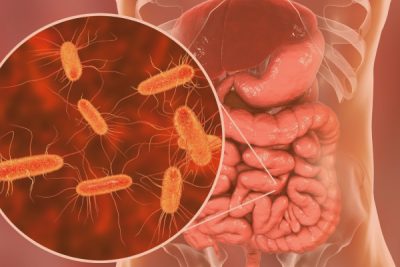Food allergies and food intolerances are two different things, but many people use these terms interchangeably. While both conditions result in digestive symptoms after eating certain foods, there are significant differences between the two. Understanding the differences between these conditions is crucial to getting an accurate diagnosis and appropriate treatment.
What is a Food Allergy?
A food allergy is a medical condition where the body’s immune system reacts to a specific food protein as if it were harmful. This response results in the release of chemicals, such as histamine, which cause symptoms such as hives, itching, and difficulty breathing. In severe cases, a food allergy can cause a life-threatening reaction known as anaphylaxis.
Food allergies can occur in response to a variety of foods, including peanuts, tree nuts, shellfish, dairy, eggs, and wheat. In some cases, a food allergy can be so severe that even a trace amount of the food can cause a reaction.
What is Food Intolerance?
A food intolerance is a digestive problem that occurs when the body cannot properly digest certain foods. Unlike food allergies, food intolerances do not involve the immune system. Instead, they are caused by the body’s inability to produce certain enzymes needed to digest specific foods. This can result in symptoms such as bloating, gas, and abdominal pain.
Food intolerances are commonly associated with lactose intolerance, where the body cannot properly digest lactose, a sugar found in dairy products. Other common food intolerances include gluten intolerance, which occurs when the body cannot properly digest gluten, a protein found in wheat, barley, and rye, and histamine intolerance, where the body cannot properly break down histamine, a chemical found in certain foods.
Differences between Food Allergies and Food Intolerances
There are several key differences between food allergies and food intolerances:
- Immune System Involvement: As mentioned, food allergies involve the immune system, while food intolerances do not.
- Symptoms: While both conditions can cause digestive symptoms, food allergies can also cause life-threatening reactions, such as anaphylaxis, while food intolerances do not.
- Reaction Time: Food allergies typically cause a rapid reaction, within minutes to a few hours after eating the offending food. Food intolerances, on the other hand, may cause symptoms hours or even days after eating the food.
- Severity of Symptoms: The severity of symptoms can also vary between food allergies and food intolerances. Food allergies can cause severe and life-threatening reactions, while food intolerances typically cause mild to moderate symptoms.













